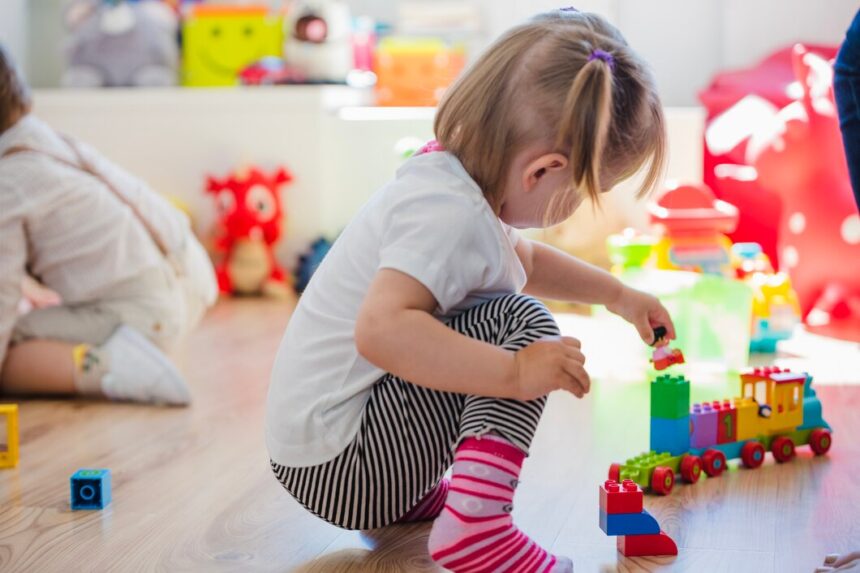At 22 months, toddlers are rapidly growing and developing across various domains—physical, cognitive, social, and emotional. Here are some key milestones to look for in a 22-month-old:
Physical Development:
- Gross Motor Skills: By 22 months, many toddlers can walk confidently and may even start running. They might be able to climb stairs with help, kick a ball, and even begin to jump with both feet off the ground.
- Fine Motor Skills: Fine motor skills are also advancing. Your child might be able to stack a few blocks, turn pages in a book, and use a spoon or fork with increasing skill.
Language and Communication:
- Vocabulary Growth: Expect a significant increase in vocabulary. A 22-month-old may use around 50-100 words and start combining them into simple phrases like “more juice” or “big truck.”
- Understanding and Following Instructions: They are likely to understand and follow simple instructions such as “come here” or “give me the ball.”
Cognitive Development:
- Problem-Solving Skills: At this stage, toddlers can engage in more complex play, such as fitting shapes into corresponding holes or figuring out how to open simple containers.
- Imitation and Pretend Play: They may imitate adult actions and engage in pretend play, like feeding a doll or pretending to talk on the phone.
Social and Emotional Development:
- Interaction with Others: Social skills are evolving. Your child might show interest in playing with other children, although sharing may still be challenging. They may also start to show signs of empathy, like comforting a friend or a parent.
- Self-Awareness: They may begin to recognize themselves in the mirror and understand that they are a distinct individual separate from others.
Behavioral Trends:
- Independence: Toddlers at this age often assert their independence, which can result in a “terrible twos” phase characterized by strong-willed behavior and occasional tantrums.
- Routine and Familiarity: They thrive on routine and may become upset with changes or disruptions in their daily schedule.
It’s important to remember that each child develops at their own pace. While these milestones offer a general guideline, individual variations are completely normal. Regular pediatric check-ups can help ensure your child is progressing well and address any concerns you might have about their development.










